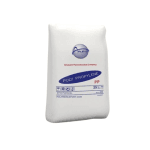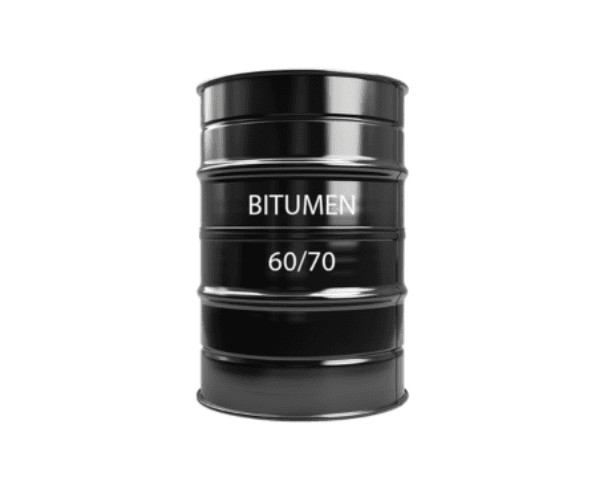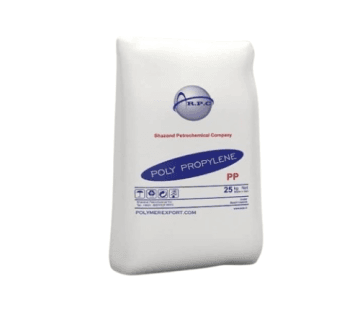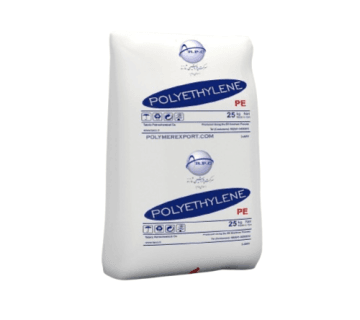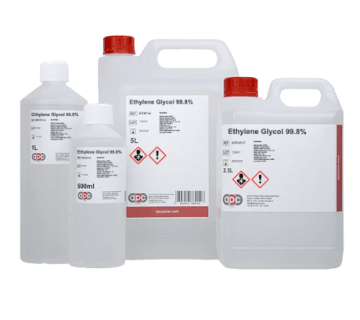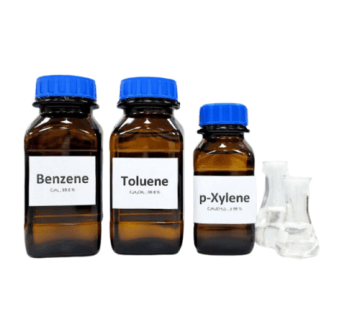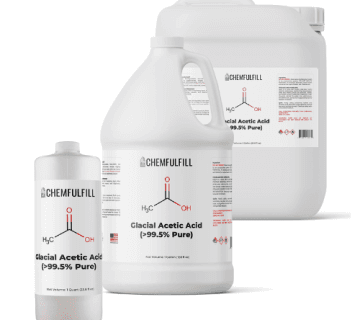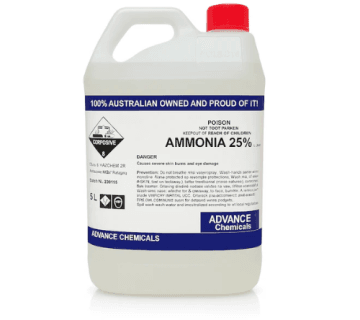Bitumen 60/70 – Supply and Distribution
Bitumen 60/70, also known as penetration grade bitumen, stands as a cornerstone material in the construction industry, primarily serving as a vital binder for asphalt used in road paving and waterproofing applications. Its specific properties make it a preferred choice for a wide range of projects, demanding a clear understanding of its technical specifications, available packaging options, and the complexities of bulk supply. This comprehensive guide will delve into what defines bitumen 60/70, how to ensure you’re getting the right product, and how to procure it efficiently, whether you’re looking to buy bitumen 60/70 from a reliable bitumen supplier Iran or any other global source.
Petroneo specializes in the supply and distribution of premium Bitumen 60/70, ensuring consistent quality, reliable logistics, and competitive prices for global buyers.
Bitumen 60/70 – Supply and Distribution
Bitumen 60/70, also known as penetration grade bitumen, stands as a cornerstone material in the construction industry, primarily serving as a vital binder for asphalt used in road paving and waterproofing applications. Its specific properties make it a preferred choice for a wide range of projects, demanding a clear understanding of its technical specifications, available packaging options, and the complexities of bulk supply. This comprehensive guide will delve into what defines bitumen 60/70, how to ensure you’re getting the right product, and how to procure it efficiently, whether you’re looking to buy bitumen 60/70 from a reliable bitumen supplier Iran or any other global source.
Petroneo specializes in the supply and distribution of premium Bitumen 60/70, ensuring consistent quality, reliable logistics, and competitive prices for global buyers.
key specifications:Bitumen 60/70
Read more
What Sets Bitumen 60/70 Apart
The performance and suitability of bitumen 60/70 for specific applications are dictated by its precise specifications.Understanding these parameters ensures that the material will meet the structural and environmental demands of a project. Beyond the defining penetration grade, several other critical properties are evaluated. These include the softening point, viscosity, flash point, and ductility.
The softening point is the temperature at which the bitumen begins to liquefy. For bitumen 60/70, this typically falls within the range of 50-55°C. This is crucial because bitumen needs to remain solid under typical daytime road temperatures but plastic enough to be laid when heated. A softening point in this range ensures it won’t become too soft and cause rutting in hot climates or too brittle and crack in colder conditions.
Viscosity measures the bitumen’s resistance to flow. It’s often measured at 135°C, the typical temperature for asphalt mixing. A controlled viscosity at this temperature ensures proper coating of aggregates and workability during the paving process. While specific viscosity limits can vary slightly by standard, it’s a key indicator of how easily the bitumen can be pumped and mixed.
Undergo Testing: ASTM D5 & EN 12591
To ensure compliance and consistent quality, bitumen 60/70 is tested against internationally recognized standards. The most common standards include ASTM D5 for the penetration test and various ASTM or EN 12591 standards for other properties like softening point and viscosity.
ASTM D5 is the standard test method for penetration of bituminous materials. It directly measures the hardness of the bitumen by quantifying the distance a standard needle penetrates the material under specific conditions.
EN 12591 is a European standard that outlines the requirements and test methods for paving grade bitumens. Products meeting this standard are generally suitable for a wide range of road construction applications within Europe and can be a benchmark for quality globally. When you buy bitumen 60/70, confirming that it adheres to these specified standards is paramount.
These standardized tests provide a universal language for describing bitumen quality, ensuring that buyers and sellers are referring to the same properties, regardless of origin.
Rigorous testing ensures that bitumen 60/70 meets international quality standards.
Packaging Options: From Drums to Bulk
The way bitumen 60/70 is packaged and delivered significantly impacts its handling, storage, and suitability for different project sizes. Several options are available, catering to diverse logistical and operational needs.
Steel Drums (200 kg Drums): These are the most common and widely used packaging for bitumen. Each 200 kg drum is robust, designed for safe transportation and storage. They are easy to handle with standard equipment and are ideal for smaller to medium-sized projects. Bitumen is poured into these drums while hot and solidifies, allowing for efficient stacking and shipping.
Jumbo Bags (Flexible Intermediate Bulk Containers – FIBCs): For larger quantities, bitumen can be supplied in specialized jumbo bags. These are typically lined for containment and can hold several tons of bitumen. While less common for traditional bitumen grades like 60/70 due to handling complexities (requires specialized lifting and melting equipment), some suppliers might offer this for specific scenarios or modified bitumen products.
Bulk Supply: For very large projects or continuous industrial use, bitumen can be supplied in bulk quantities via road tankers or ISO tanks. This is the most economical option per ton but requires dedicated receiving and storage infrastructure, such as heated tanks.

Standard 200 kg drums are the preferred packaging for bitumen 60/70 in many markets.
Bulk Supply and Logistics: FOB Bandar Abbas & CIF
When sourcing larger quantities, understanding Incoterms and key shipping parameters is vital. FOB Bandar Abbas (Free On Board) means the seller is responsible for the goods until they are loaded onto the vessel at the port of Bandar Abbas, Iran.
From that point, the buyer assumes all costs and risks for shipping, insurance, and import. The HS code 27132000 is the Harmonized System code for petroleum bitumen and asphalt, used for customs declarations worldwide.
Alternatively, CIF (Cost, Insurance, and Freight) means the seller arranges and pays for the cost of the goods, insurance, and freight to the destination port. The buyer’s responsibility begins once the goods arrive at the destination. Choosing between FOB and CIF depends on your company’s expertise in international shipping and risk management. For instance, procuring bitumen from a bitumen supplier Iran might leverage Bandar Abbas as a major export hub.
Efficient logistics are crucial for both bulk bitumen and drummed shipments to ensure timely delivery and maintain the material’s quality en route.
Choosing a Bitumen Supplier
Selecting the right supplier is as critical as understanding the bitumen specifications. A reliable bitumen supplier Iran or from any other region should offer:
- Consistent Quality: Regularly meeting the specified bitumen 60/70 specifications.
- Certifications: Adherence to international standards like ASTM and EN.
- Traceability: Ability to provide batch certificates of analysis for each shipment.
- Competitive Pricing: Offering value for money across different packaging and shipping terms.
- Reliable Logistics: Proven track record in delivering on time and managing international shipments effectively.
- Customer Support: Responsive communication and assistance with technical queries and order processing.
Key Takeaways
- Bitumen 60/70 is defined by its penetration grade (60-70 tenths of a millimeter), indicating moderate hardness suitable for road paving and waterproofing.
- Critical specifications include the softening point (50-55°C) and viscosity at 135°C, ensuring performance in varying temperatures and workability.
- Quality is assured through standardized testing protocols such as ASTM D5 and EN 12591.
- Common packaging includes 200 kg drums, with bulk bitumen supply available for large-scale projects.
- International trade terms like FOB Bandar Abbas and CIF, along with the HS code 27132000, are essential for global procurement.
- Choosing a reputable bitumen supplier with consistent quality, reliable logistics, and clear communication is crucial.
Why Choose Petroneo for Bitumen 60/70?
Consistent Quality: Our bitumen meets all ASTM and EN penetration, softening point, and ductility specifications.
Reliable Supply Chain: We manage end-to-end logistics to deliver globally on time.
Custom Packaging Options: Available in drums, jumbo bags, or bulk shipments.
Competitive Pricing: As a global supplier, Petroneo offers cost-effective solutions for contractors and distributors.
Bitumen 60/70 Supplier for Industry
As a trusted partner in supply and distribution, Petroneo provides top-quality Bitumen 60/70 for road construction, industrial coating, and waterproofing applications. With our global network and commitment to excellence, we ensure dependable delivery and consistent product performance.
Usages:
Road Construction: The most common use of Bitumen 60/70 is in asphalt pavement. Its medium hardness provides ideal flexibility and resistance to deformation under heavy traffic.
Waterproofing: Used in roofing membranes, coatings, and insulation to prevent water penetration.
Industrial Applications: Serves as a binder in bituminous paints, adhesives, and protective coatings.
Glass Manufacturing: Used indirectly in furnace insulation and sealing compounds for glass production facilities.
Paper Production: Used in specialized bituminous paper and roofing felt manufacturing.
Contact Petroneo for More Information
For more details about Sodium Carbonate or to place an order, visit our website at Petroneo.com or contact us directly.

